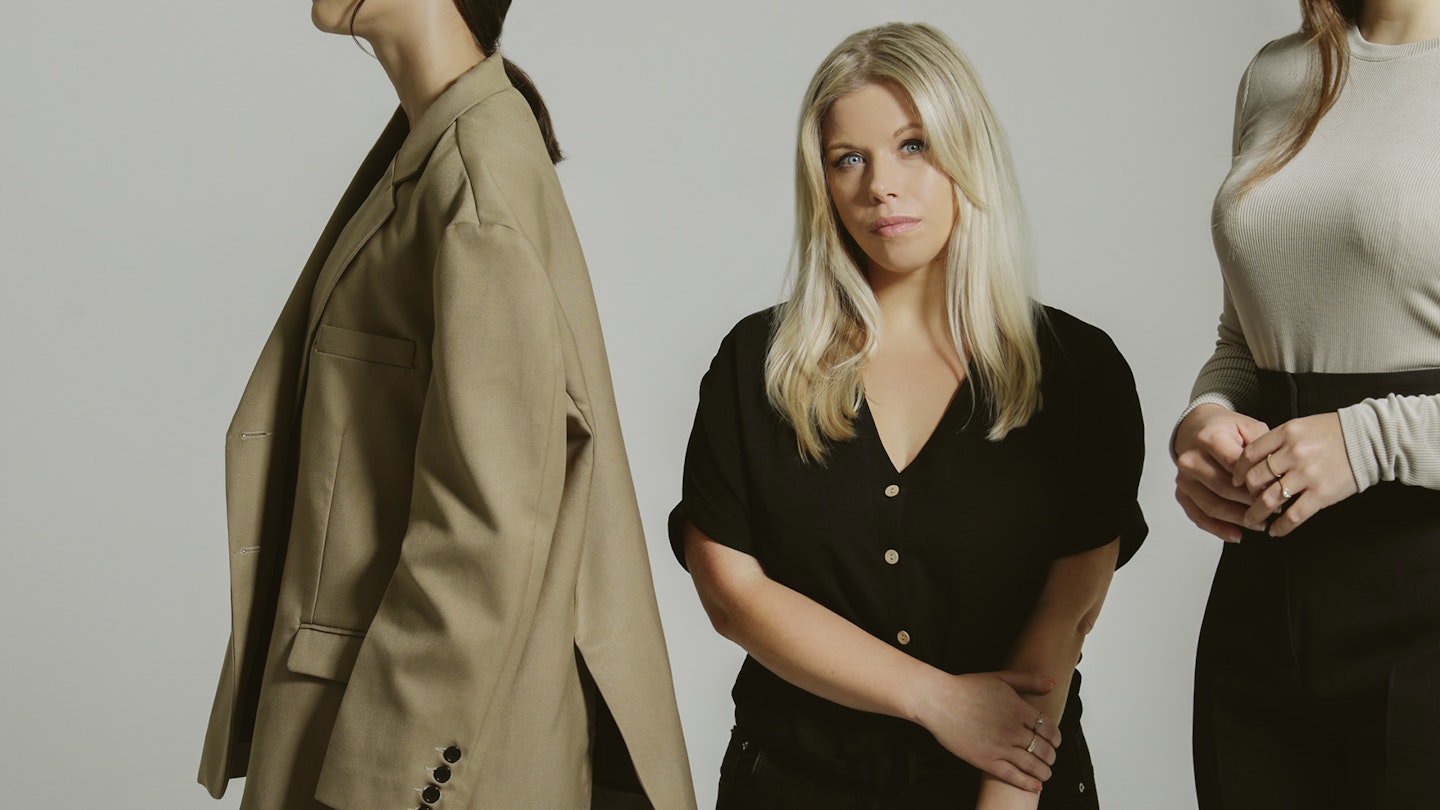it’s 2.30pm on a Tuesday and I’m standing in a toilet at the office where I’m freelancing, checking my bank balance on my phone for the fifth time that day. Depressingly, the figure I see is £36.43 – a number that tells me I haven’t been paid. I’m going to have to cancel on my best friend’s birthday dinner.
Situations like this have become a regular occurrence over the last year, after I was made redundant from my job at a production company last April. During the same period, several of my closest friends have seen their careers – and pay cheques – skyrocket. Having always felt my friendships were on an equal footing, I’ve suddenly found myself falling into the role of the broke friend. Missing parties, after-work drinks and even weddings has become routine – I simply can’t afford to go to all of them – as has the intense anxiety I experience when someone suggests going somewhere out of my price range on the nights I do try to socialise.
I ended up in this situation through sheer bad luck, after I suddenly lost my £36k job without a pay-out. Although I started looking for work straight away, it took months to find my feet freelancing. That, combined with an £800-a-month, two-year rental contract in London (only 10 months in, I couldn’t break it without facing hefty fees), meant that what little savings I had dwindled fast. The result? Some serious strains on my bank account and on my friendships, too – something I didn’t expect.
Of course, I know I’m not on the poverty line – compared to many people in the UK, I am still in a very fortunate position – but the truth is, it’s hard when there starts to be a money gap between friends. Growing up, I was very aware that, compared to my friends, my family didn’t have as much money. As a teenager – when clothes and holidays seem to matter so much – I found it hard to shake that feeling of being an outsider. This fuelled me to always work hard, from summer jobs at an early age, to working to fund my way through university. Being financially stable was something I craved, and had finally achieved.
Finding myself broke again has been awkward and embarrassing. It doesn’t help that, as a Millennial, I’m part of generation ‘experience’. Many of us will never be able to afford houses and career stability is hard to come by, so we tend to build our cultural capital around doing things. But brunches, mini-breaks, exotic travel, fancy exercise classes – they cost money that I don’t have. I’ve felt lonely turning down chances to create memories with the people I care about. And having to spell out to my friends why I’d rather we went for a walk over meeting up at a £40-a-head restaurant has been, at times, incredibly difficult. One friend told me to, ‘Get over it, there are lots of people poorer than you.’ Of course, she was right. But that doesn’t take away from the feeling that I’m missing out as I spend another night in alone, watching the world go by on social media. Or the feeling that I’m failing on a fundamental level to match up to my peers – that my bank statement somehow reflects my real worth.
My friend’s disparaging comment also points to how difficult it can be to start conversations about money. We know that money problems can weigh heavily: people with problem debt are twice as likely to develop major depression. But half of UK adults still believe that talking about personal money matters is taboo, according to new research from Lloyds Bank. Just because things could be worse does not mean that my financial concerns – or anyone else’s – should go unheard. Ultimately, the people I’ve grown closest to during this time have been those who I can discuss my situation with openly, without it becoming uncomfortable. They have usually been through something similar themselves – and they are the friends I know will still be around if and when, as I hope, I get my finances back on an even keel.
A couple have even offered to lend me money – a very kind gesture, but one which made me feel awkward. Because I have supported myself alone for so long, I feel like I have to get through this on my own, and I hate the thought of making their lives any less easy. In the meantime, though, they are prepared to laugh with me, rather than cringe, when I reveal my latest money-saving antics. Because if there’s one thing I’ve learned from all of this, it’s that no matter how much money you save, it’s never a good idea to cut your own hair...
